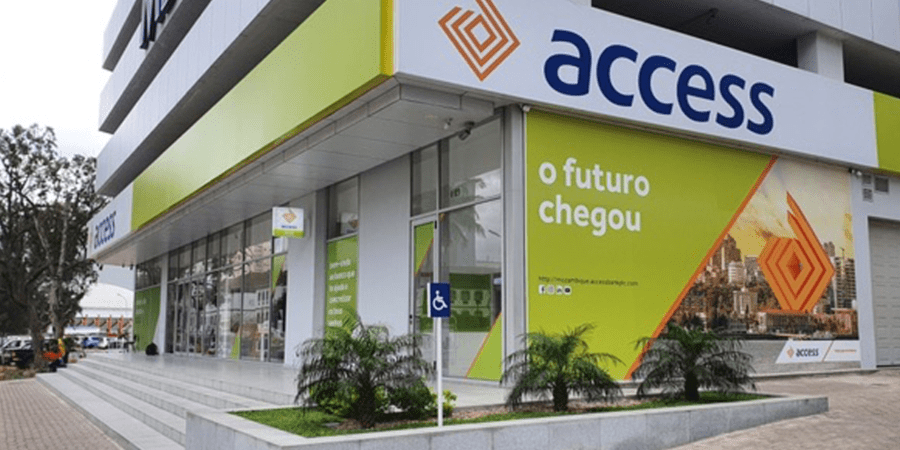
Access Bank Sort Code: Essential Information You Need
A bank’s Sort Code is one of the most important identifiers in your financial transactions, and it plays an important role in ensuring the accuracy of your transactions. The purpose of this guide is to provide you with everything you need to know about Access Bank Sort Codes, what they are, and how to use them successfully.
Key Takeaways
Unique Identifier: Each Access Bank branch has its own 9-digit sort code.
Accurate Transactions: Ensure funds are directed to the correct branch.
Verification: Double-check sort codes to avoid transaction errors.
Domestic vs. International: Sort codes for domestic transactions, SWIFT codes for international.
Common Errors: Simple typos can cause issues; always verify the sort codes.
What is an Access Bank Sort Code?
Each Access Bank branch is assigned a unique 9-digit sort code. The code identifies the branch where your account is held, which is crucial for routing funds correctly during transactions. When making payments, receiving funds, or setting up direct debits, the sort code ensures that the money reaches its correct destination.
How to Locate Your Access Bank Sort Code
Check your checkbook or account statement for your Access Bank sort code. Your sort code is usually listed alongside your account number. To find it, you can also visit the Access Bank website or contact customer service.
Common Locations for Sorting Codes:
-
Checkbook: Printed on each check.
-
Account Statement: Typically listed at the top or bottom.
-
Online Banking: Accessible through your online account dashboard.
-
Customer Service: Available upon request from bank representatives.
Importance of Sort Code Accuracy
To ensure seamless financial transactions, your sort code must be accurate. A wrong sort code can result in funds being directed to the wrong account, causing delays and complications. Avoid errors by double-checking the sort code before confirming any transaction.
Why accuracy matters:
-
Security: Prevents misdirected funds.
-
Efficiency: Ensures timely transaction processing.
-
Reliability: Builds trust in banking operations.
Common Errors with Sorting Codes
The most common error in banking transactions involves incorrect sort codes. The wrong account can be credited with funds by a simple typo. Verify the sort code before completing any transaction to prevent this. You can find and check sort codes on many online banking platforms, adding an extra layer of security.
Preventing errors:
-
Double-Check: Always verify the sort code before finalizing a transaction.
-
Use Tools: Utilize the online validation tools provided by banks.
-
Contact Support: Reach out to customer service if you have any questions.
Sort code vs. SWIFT Code: Understanding the Differences
For domestic transactions within Nigeria, sort codes are used, while SWIFT codes (or BIC codes) are used for international transfers. It is crucial to know the difference between these two when conducting local and global financial transactions.
Sort Code:
-
Purpose: Domestic transactions.
-
Format: 9 digits.
-
Function: Identifies specific branches within Nigeria.
SWIFT Code:
-
Purpose: International transactions.
-
Format: 8 to 11 alphanumeric characters.
-
Function: Identifies specific banks globally.
| Feature | Sort Code | SWIFT Code |
|---|---|---|
| Usage | Domestic transactions | International transactions |
| Format | 9 digits | 8 to 11 alphanumeric chars |
| Function | Identifies bank branches | Identifies banks globally |
Frequently Asked Questions
What is the Sort Code for Access Bank Accounts?
The sort code for an Access Bank account is the 9-digit number that identifies the specific branch where your account is held. You can find it in your checkbook, account statement, or by contacting Access Bank customer service.
What Does a Sort Code Tell You?
A sort code tells you the specific bank and branch where an account is located within the Nigerian banking system. It is essential for routing funds accurately and efficiently.
Is a Bank Sort Code the Same as a Routing Number?
No, a bank sort code is not the same as a routing number. Sort codes are used in Nigeria and the UK to identify banks and branches for domestic transactions. Routing numbers are used in the US for a similar purpose but in a different format.
Do You Need a Sort Code for International Transfers?
No, for international transfers, you need a SWIFT/BIC code along with the recipient’s IBAN and account details. Sort codes are only used for domestic transactions.
Conclusion
It is crucial to understand your Access Bank sort code in order to ensure that your financial transactions are processed accurately and efficiently. Double-check the sort code before making any transactions to avoid errors and ensure your funds reach their intended destination. Keep yourself informed and make your banking experience seamless with Access Bank.
For more information, visit the Access Bank Website or contact Customer Service.
Leave a Reply